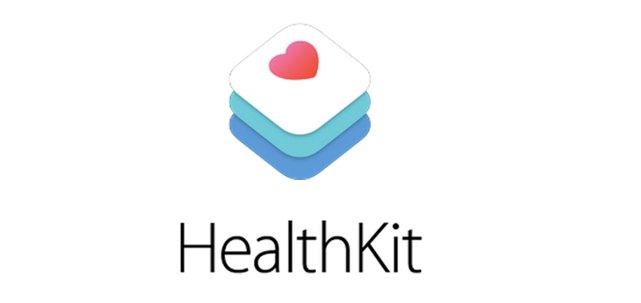>> MEDICAL IoT - MEDICAL PROFESSIONALS RESPONSE AND CONCERNS
Could this be a simple case of the boy who cried wolf - or more serious?

In the response to the rise of "health applications" being published in a
response to the IoT faze around health and fitness - there has been growing
concerns not only from medical professionals, but also the FDA (food and drug
administration) around the viability of untested nor certified applications
available to the general public.
wired.com earlier posted an a example of how users may expect
an application they download to be real and medically backed - but, turns
out to be a hoax or a developer trying to masquerade on a well known brand.
Instant Blood Pressure by Aura
Labs, Inc. available for $3.99 USD previously had in its description:
- uses a patent-pending process developed by a team from the Johns Hopkins
University—a world leader in health innovation.
It is natural that one could believe what they read and simply download the
application and use it - however after Wired contacted the Johns Hopkins
Unversity to verify claims, it turns out there was no association with the
said developer. As a result, with a cease-and-desist order in place the
application description has been updated to include:
- Instant Blood Pressure is for recreational use only. It is not an FDA
cleared medical device. Consult a doctor if you have any health concern.
With the rise of innovations around Apple's HealthKit and Google's Fit
platforms where developers will write applications to monitor health and
fitness, at what level could they go where they are borderline deadly for
users to use?
Where does liability lie when a user uses a product for advice and somethings
goes wrong?
While there have been great advances with technology to provide information
to the masses, such as online medical calculators or self-diagnosis tools -
once sensors get involved and users start relying on the interpretation of
such data without any reference to medical history of the user it is obvious
where there can be concerns raised.
The bottom line is that if you want real advice, seek professional guidance.